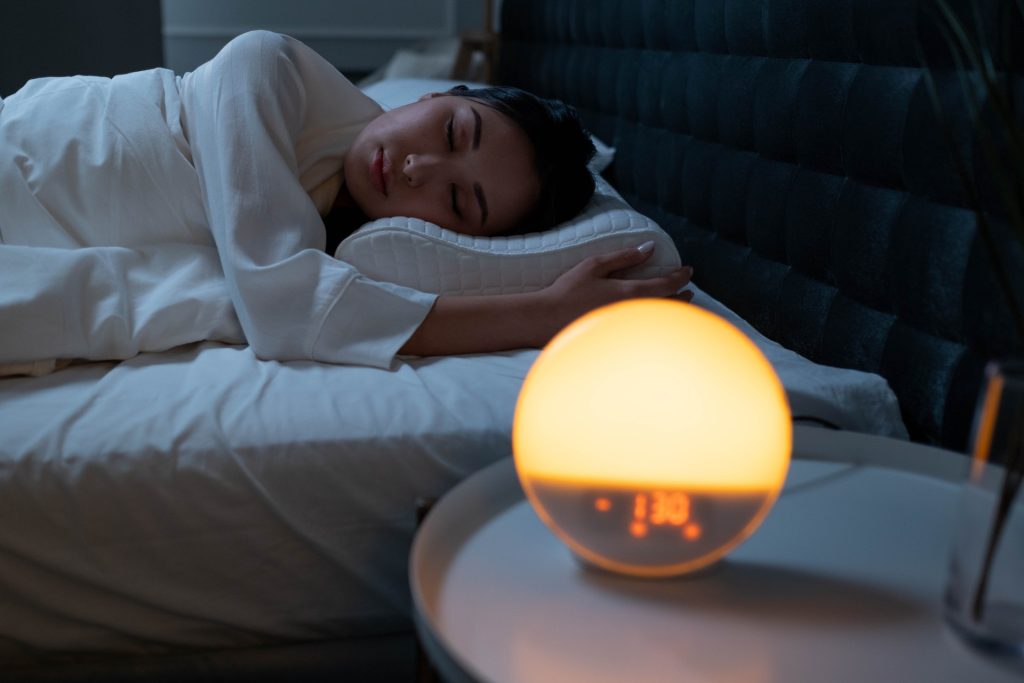Difficulty Falling Asleep Linked to Developing Dementia

Adding to the growing body of evidence on sleep disturbances and cognitive impairment, new research published in the American Journal of Preventive Medicine, finds significant links between three measures of sleep disturbance and the risk for developing dementia over a 10-year period. Difficulties falling asleep were linked to higher risk, but not falling asleep again after waking.
The results associate sleep-initiation insomnia (trouble falling asleep within 30 min) and sleep medication use with higher dementia risk. An additional, surprising finding was that people who reported having sleep-maintenance insomnia (trouble falling back to sleep after waking) were less likely to develop dementia over the course of the study.
“We expected sleep-initiation insomnia and sleep medication usage to increase dementia risk, but we were surprised to find sleep-maintenance insomnia decreased dementia risk,” explained lead investigator Roger Wong, PhD, MPH, MSW, an Assistant Professor in the Department of Public Health and Preventive Medicine, SUNY Upstate Medical University. “The motivation behind this research was prompted on a personal level. My father has been experiencing chronic sleep disturbances since the COVID pandemic began, and I was concerned how this would affect his cognition in the future. After reading the existing literature, I was surprised to see mixed findings on the sleep-dementia relationship, so I decided to investigate this topic.”
This research is novel because it is the first to examine how long-term sleep disturbance measures are associated with dementia risk using a nationally representative US older adult sample. Previous research has associated REM sleep behavior, sleep deprivation (less than five hours of sleep), and the use of short-acting benzodiazepines with cognitive decline. Their results for sleep-maintenance insomnia support other recent studies using smaller, separate data samples.
This study used 10 annual waves (2011–2020) of prospective data from the National Health and Aging Trends Study (NHATS), a longitudinal panel study that surveys a nationally representative sample of Medicare beneficiaries aged 65 years and older within the USA. This study included only people who were dementia-free at baseline in 2011.
While the mechanism for decreased dementia risk among those with sleep-maintenance insomnia is still unknown, the investigators theorise that greater engagement in activities that preserve or increase cognitive reserve may thereby decrease dementia risk.
Recent evidence indicates there is a higher prevalence of sleep disturbances among older adults than among other age groups. This could be attributed to a variety of factors including anxiety about the COVID pandemic or warmer nights as a consequence of climate change.
“Older adults are losing sleep over a wide variety of concerns. More research is needed to better understand its causes and manifestations and limit the long-term consequences,” added Dr Wong. “Our findings highlight the importance of considering sleep disturbance history when assessing the dementia risk profile for older adults. Future research is needed to examine other sleep disturbance measures using a national longitudinal sample, whether these sleep-dementia findings hold true for specific dementia subtypes, and how certain sociodemographic characteristics may interact with sleep disturbances to influence dementia risk.”
Source: Elsevier


